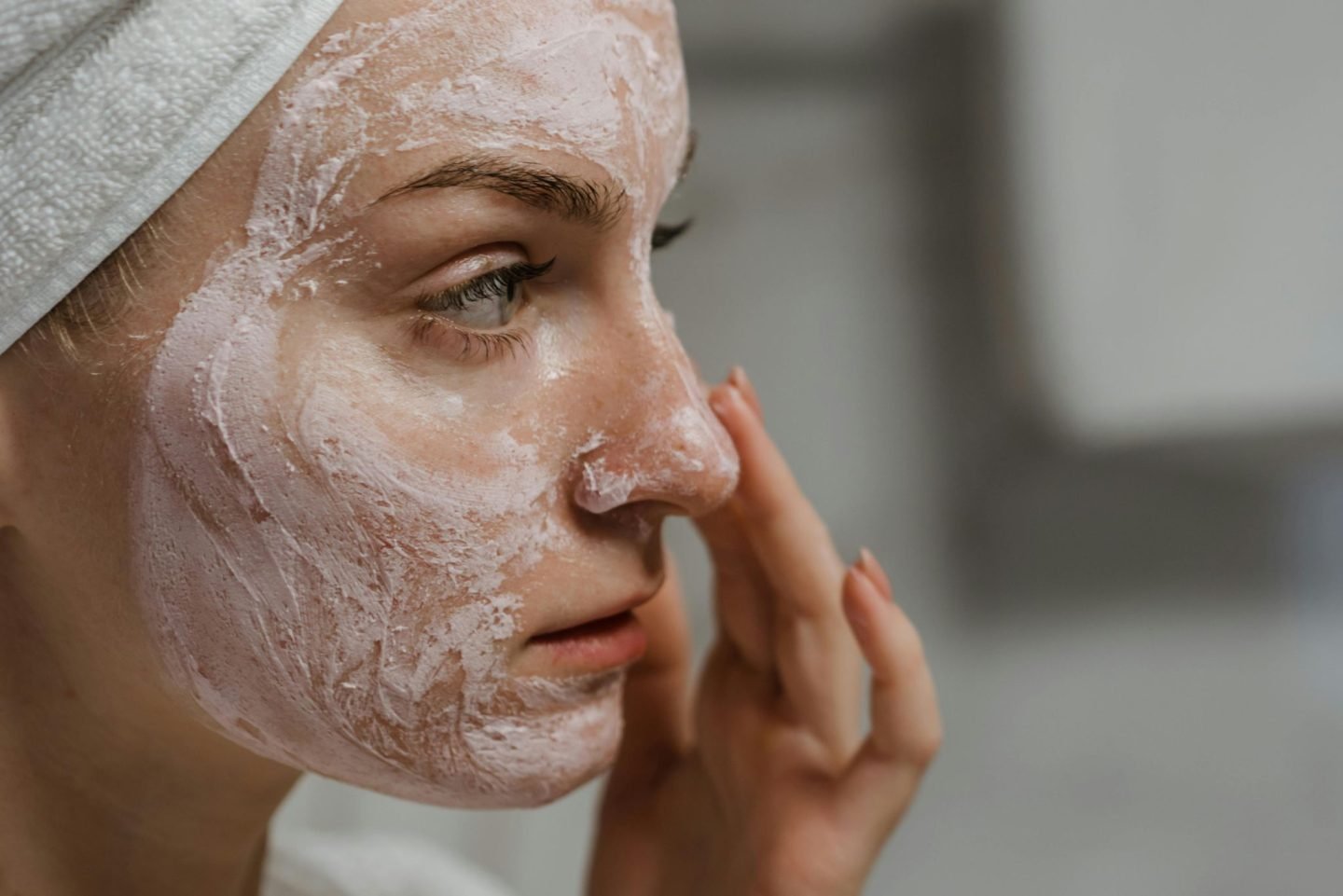
4 Helpful Skincare Solutions for Common Issues
A healthy body and appropriate skincare practices are typically reflected in glowing, healthy skin. But regardless of age or skin type, people might experience different types of skin problems. For the greatest outcomes, every issue—from chronic acne to obvious indications of aging—needs a customized strategy. The initial step is to comprehend the reasons and suitable solutions for these prevalent problems.
Acne
Although acne is a prevalent skin problem that affects persons of all ages, teens and young adults are more likely to suffer from it. It happens when dead skin cells and oil block hair follicles, resulting in pimples, blackheads, and whiteheads.
Reasons and Initiators
Acne can arise due to hormonal fluctuations, stress, food, and specific skincare products. Genes also play a big part, so you could be more likely to have acne if either of your parents had it.
Solutions
- Regular Cleaning Routine: To get rid of makeup, oil, and grime, use a mild cleanser twice a day. Steer clear of over-washing since this can aggravate acne by irritating the skin.
- Topical Treatments: Salicylic acid, retinoids, and benzoyl peroxide-containing products can help lessen acne. Salicylic acid helps to clear clogged pores, while the peroxide benzoyl works by eliminating germs that cause acne.
- Non-Medicogenic Goods: Choose “non-comedogenic” skincare and cosmetics products to avoid congested pores.
- Professional Treatments: Dermatologists can use chemical peels, laser treatments, or prescription drugs in situations of extreme severity.
Dry Skin
Dry skin, which frequently exhibits flakiness, itching, and cracking, may be painful and ugly. It may be a transient ailment brought on by external circumstances or a long-term problem.
Reasons and Initiators
The skin might lose its natural moisture due to harsh soaps, cold temperatures, low humidity, and hot showers. Additionally, underlying medical disorders like psoriasis or eczema can contribute to dry skin.
Solutions
- Apply moisturizing lotions or ointments from brands like Incellderm that are high in hyaluronic acid, glycerin, and ceramides as your moisturizers. After taking a bath, apply moisturizers right away to seal in moisture.
- Humidifiers: During the winter, the drying effects of heating within can be lessened by adding humidity to the air using a humidifier.
- Gentle Cleaning: To prevent further irritation and dryness, use gentle, fragrance-free cleansers. Lucent water is preferable to hot water when taking a shower.
- Protective Clothing: Wear gloves and scarves as protective clothing to shield your skin from the chilly, dry air when you’re outside.
Aging
Our skin naturally ages, resulting in wrinkles, age spots, fine lines, and a lack of suppleness. Although aging is unavoidable, there are things you may do to lessen its obvious effects.
Causes and Triggers
Numerous variables, including heredity, smoking, sun exposure, and recurrent facial expressions, can accelerate the aging process. Sagging and wrinkles are caused by the breakdown of these proteins in the skin over time.
Solutions
- Sun Protection: Every day, even on overcast days, reapply a broad-spectrum sunscreen containing an SPF of 30 or higher. Using sunscreen lowers the chance of developing skin cancer and helps stop additional harm.
- Anti-Aging Creams: Specialized lotions are packed with retinoids and antioxidants such as vitamin C. These components may aid in enhancing skin texture and collagen synthesis.
- Healthy Lifestyle: Steer clear of smoking, exercise frequently, and eat a balanced, antioxidant-rich diet. Additionally important is hydration; if you want to maintain healthy, plump skin, drink lots of water.
- Professional Treatments: To address deeper wrinkling and age spots, think about getting laser therapy, chemical peels, or microdermabrasion.
Hyperpigmentation
Darkened skin patches brought on by an overabundance of melanin production are referred to as hyperpigmentation. This may be the consequence of skin damage, irritation, or sun exposure.
Causes and Triggers
The main factor is sun exposure since UV rays increase the formation of melanin. Hormonal fluctuations, acne scarring, and certain drugs are further factors.
Solutions
- Sun Protection: Use sunscreen every day and limit your exposure to the sun to prevent hyperpigmentation. When possible, find shade and wear protective gear.
- Topical Treatments: Niacinamide, hydroquinone, and vitamin C are among the ingredients that can help balance out skin tone and lighten dark spots. These must be taken regularly and according to instructions.
- Exfoliation: Using products containing beta hydroxy acids (BHAs) or alpha hydroxy acids (AHAs) on a regular basis will help encourage cell turnover and remove dead skin cells.
- Expert Medical Care: Consider dermatologist-performed chemical peels, laser treatment, or microneedling for hyperpigmentation that just won’t go away.
Topical Treatments: Salicylic acid, retinoids, and benzoyl peroxide-containing products can help lessen acne. Salicylic acid helps to clear clogged pores, while the peroxide benzoyl works by eliminating germs that cause acne. You can also use batana oil for skincare, which contains lauric acid that can treat and prevent acne breakouts.
Conclusion
Understanding common skin disorders and finding suitable remedies is necessary to achieve and maintain healthy skin. A customized strategy incorporating appropriate skincare practices, preventative measures, and expert treatments can produce noticeable results, whether treating acne, dry skin, aging, or hyperpigmentation. It is possible to have healthier, more beautiful skin at any age by being proactive and knowledgeable about skincare.
